The German and French political crises and the economic challenges that come with them could weaken Franco-German leadership and affect the EU's ability to present a united front in key negotiations.
The Franco-German alliance on the European stage is facing troubled times.
With their respective governments being in a weak position domestically, French and German leaders will find it more challenging to defend their agendas on an EU level.
In Germany, the "Traffic Light" coalition government — comprising the Social Democrats (SPD), the Liberal Democrats (FDP), and the Greens — collapsed after Chancellor Olaf Scholz sacked Finance Minister Christian Lindner, who is also the Chairman of the FDP.
On the other side of the Rhine, French President Emmanuel Macron dissolved the National Assembly in June and called early parliamentary elections following the far-right’s breakthrough in the European elections.
While he does not hesitate to speak of a "political crisis" in the two neighbouring countries, Jacob Ross, researcher at the German Society for Foreign Policy (DGAP), points out that Emmanuel Macron was "rejected by the French electorate" in the European and early parliamentary elections, while Olaf Scholz was "rejected by his own coalition partners."
"The early elections will show whether Olaf Scholz will actually be punished by the German electorate, or whether it was an internal coalition crisis," adds Ross.
Two weakened leaders
"The early elections in France last summer have really weakened Macron and limited his room for manoeuvre in European discussions on common debt," Ross told Euronews.
Emmanuel Macron is, for example, "in a much weaker position than before the early parliamentary elections and the European elections" when the Draghi Report on EU competitiveness was published.
Hamstrung by the crisis in his government, Scholz will also struggle to have significant influence in any discussions.
Germany left out Polish call to unite
Following the election of Donald Trump, Polish Prime Minister Donald Tusk announced that he would meet with his European counterparts to discuss EU defence policy.
While the leaders of NATO, the United Kingdom, France, the Baltic and Nordic states will be at the table, German Chancellor Olaf Scholz has not received an invitation.
Ukraine could also suffer from this cacophony if these countries' leaders struggle to speak with one voice, according to the expert.
However, the UK, the Baltic states as well as central and eastern European nations could benefit from an opportunity linked to the weakening of Franco-German leadership, he believes.
Divide and conquer
The German political crisis has come at a bad time. Donald Trump will be tempted to divide the EU in order to manipulate key issues in favour of Washington, rather than allow its 27 member states to stand together.
"Donald Trump has every interest in conducting transatlantic relations on a bilateral level, because he knows that if he talks to Viktor Orban, Emmanuel Macron, Olaf Scholz or his successor separately, he will have much more leeway in discussions over tariffs and European defence than if he talks to a bloc of 27 EU Member States that have a common position," said Jacob Ross.
The threat of a recession, which hangs over Germany for the second year in a row, could further dampen the Franco-German ability to play leading role.
Playing for time, Olaf Scholz has said he is prepared to call for a vote of confidence this year, which would pave the way for early elections early next year.
Time is running out. Germany, the EU's largest economy, will be focused on the election campaign, at a time when Trump is making a comeback and threatening to impose tariffs on European imports.

 4 months ago
40
4 months ago
40
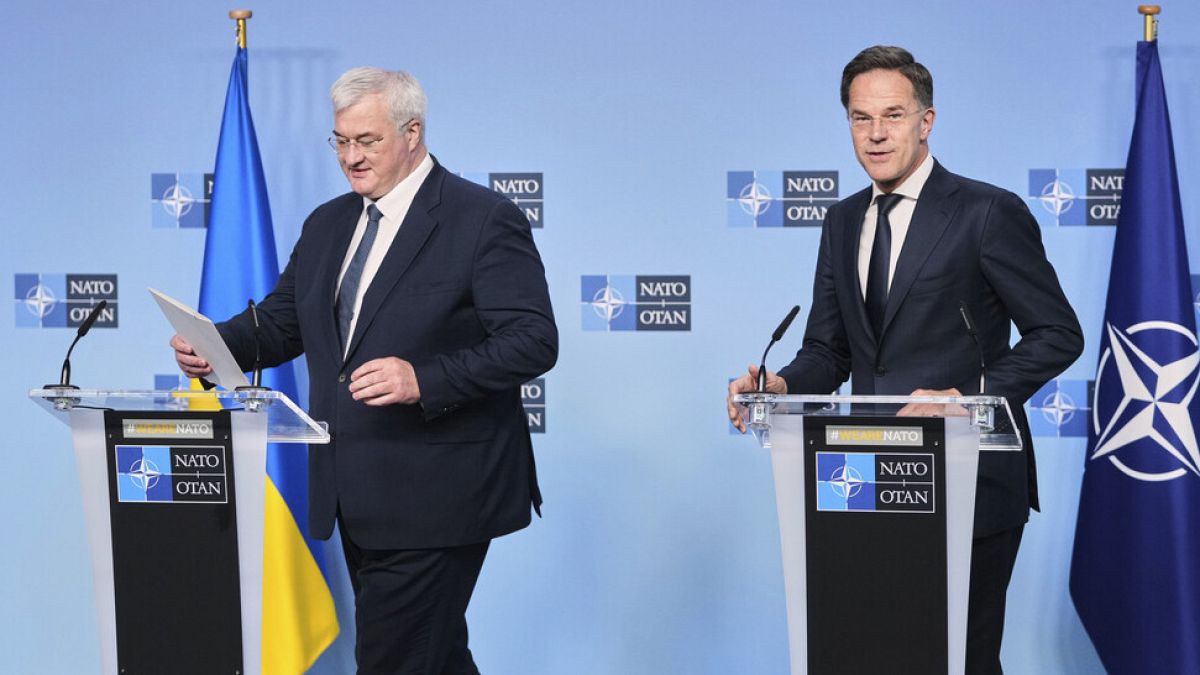
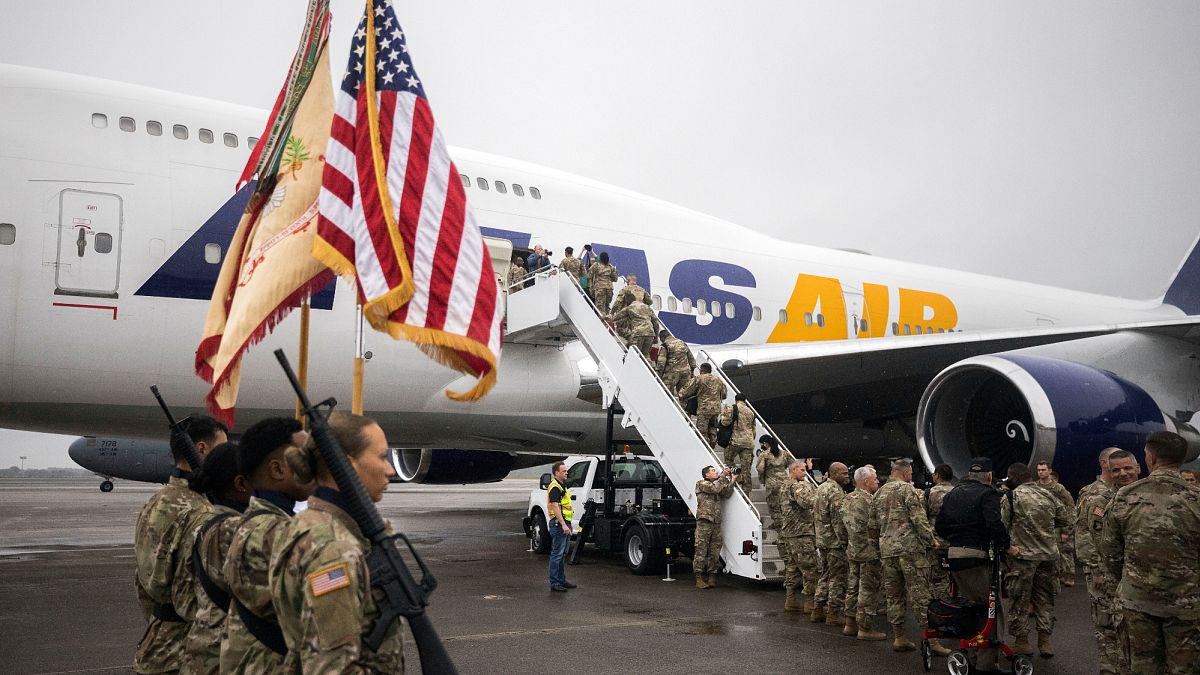
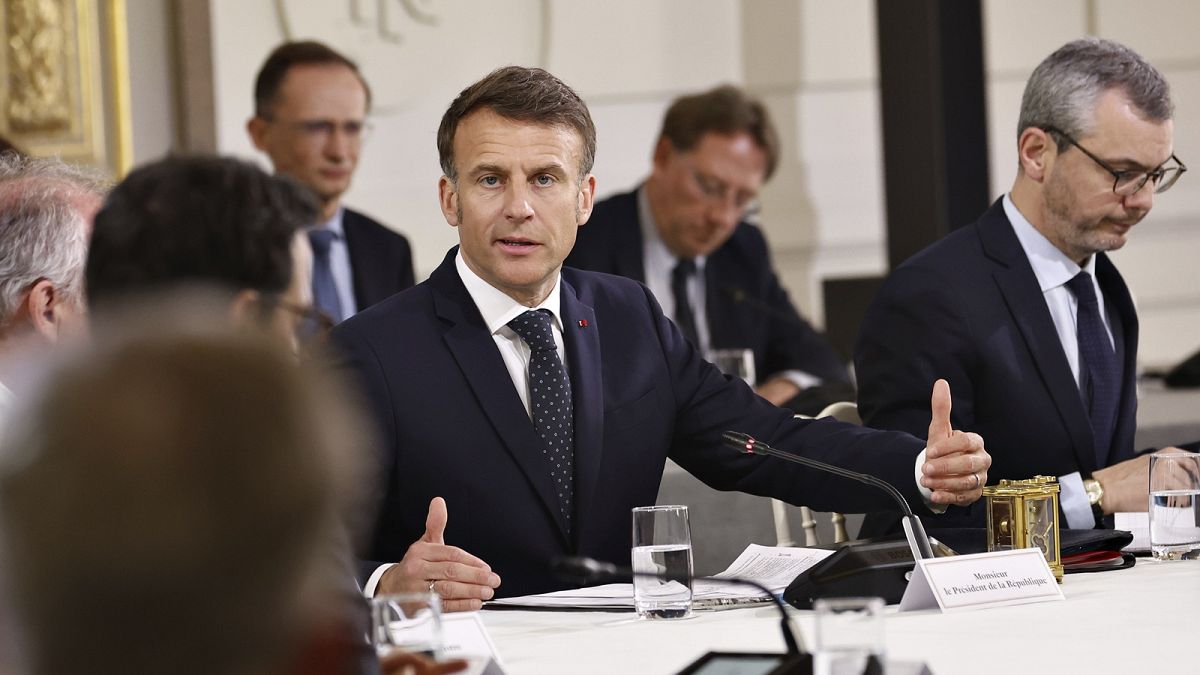
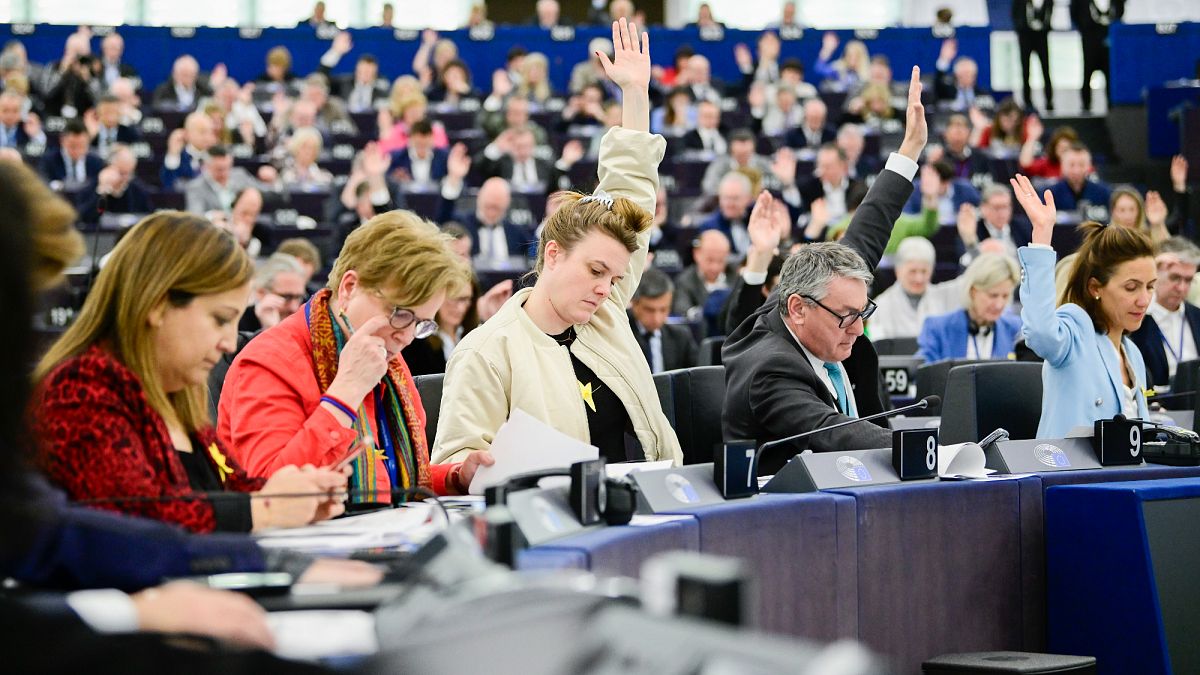
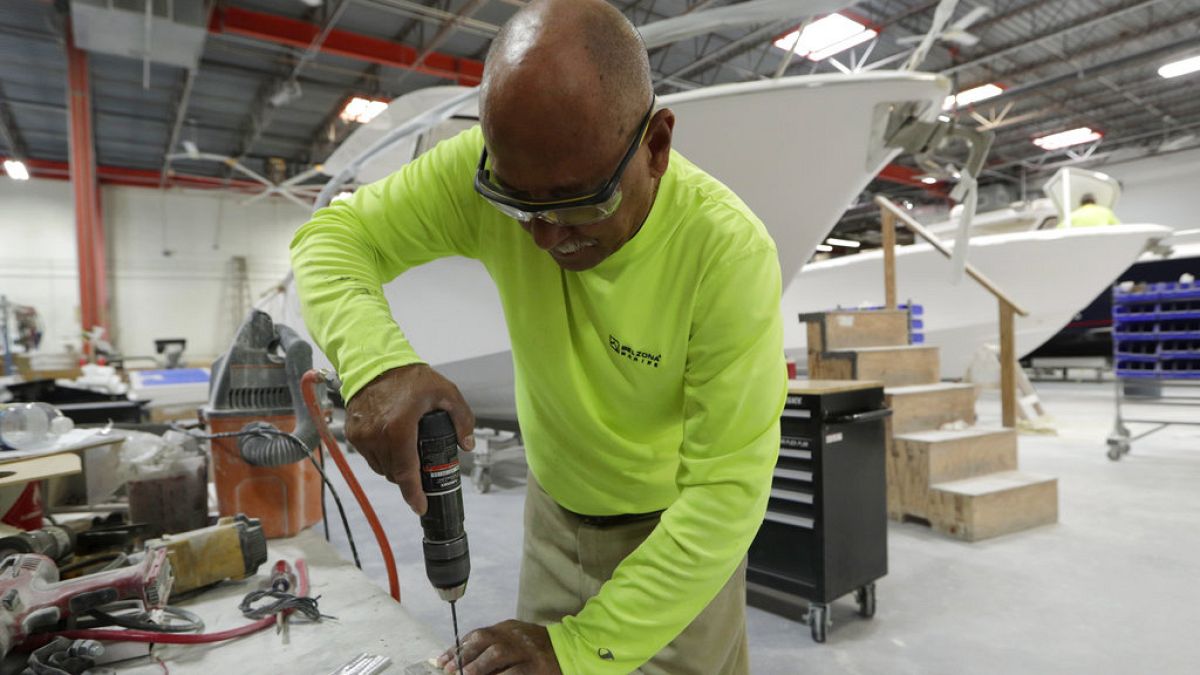
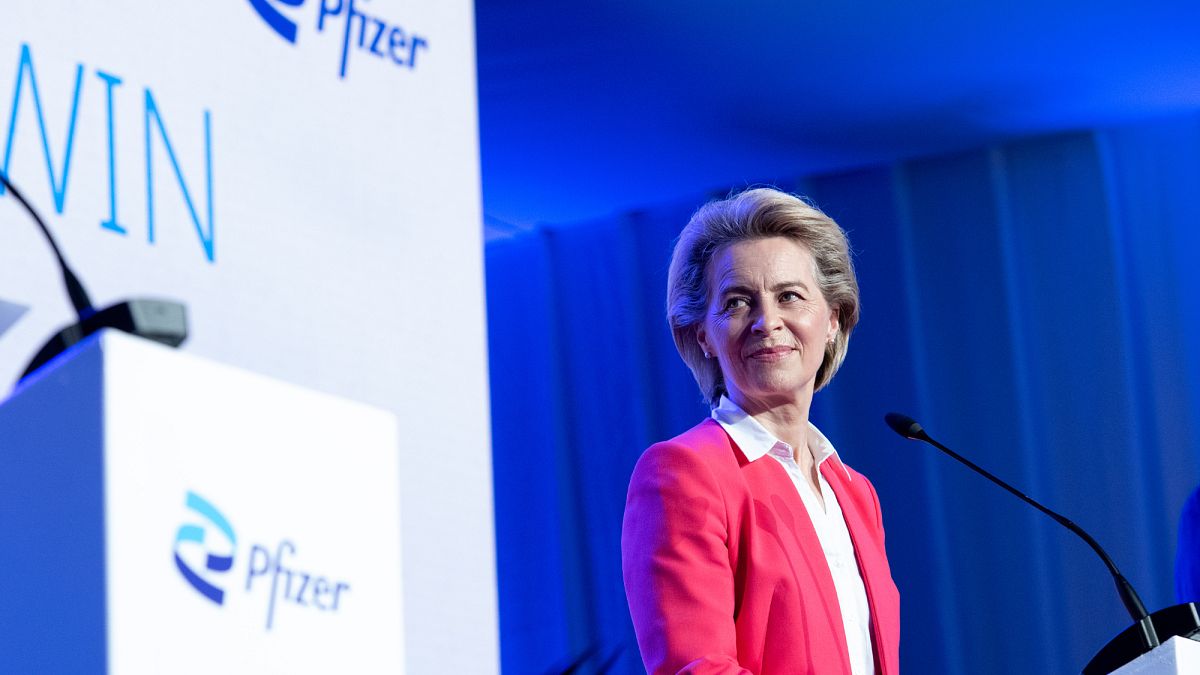
 We deliver critical software at unparalleled value and speed to help your business thrive
We deliver critical software at unparalleled value and speed to help your business thrive






 English (US) ·
English (US) ·